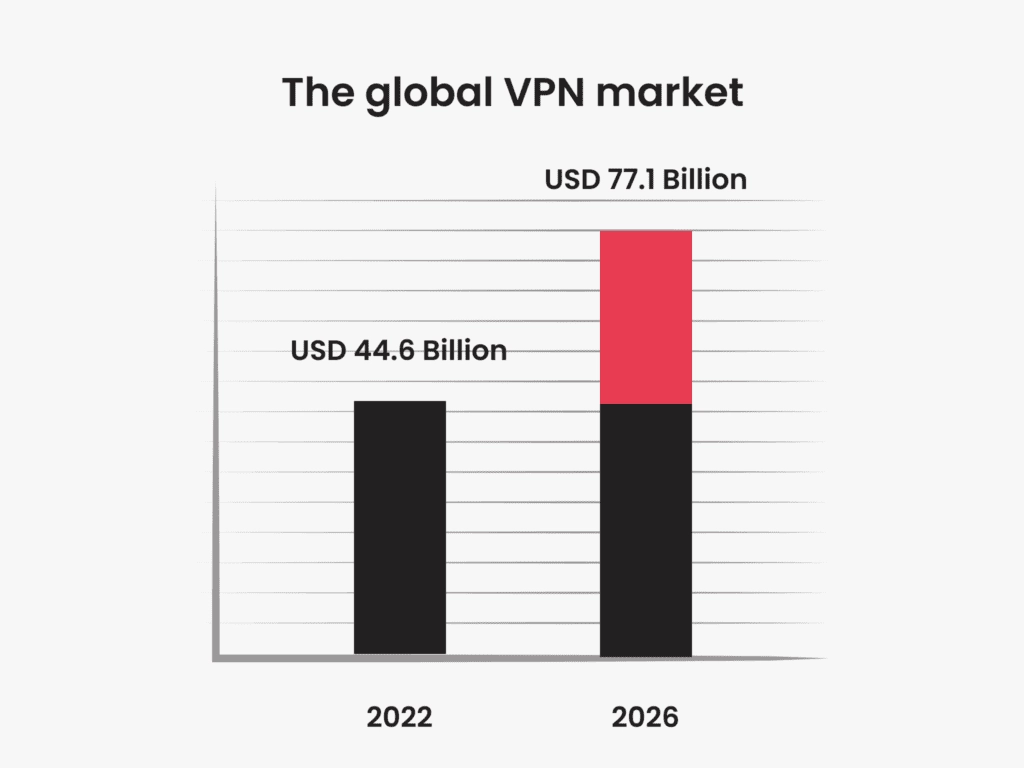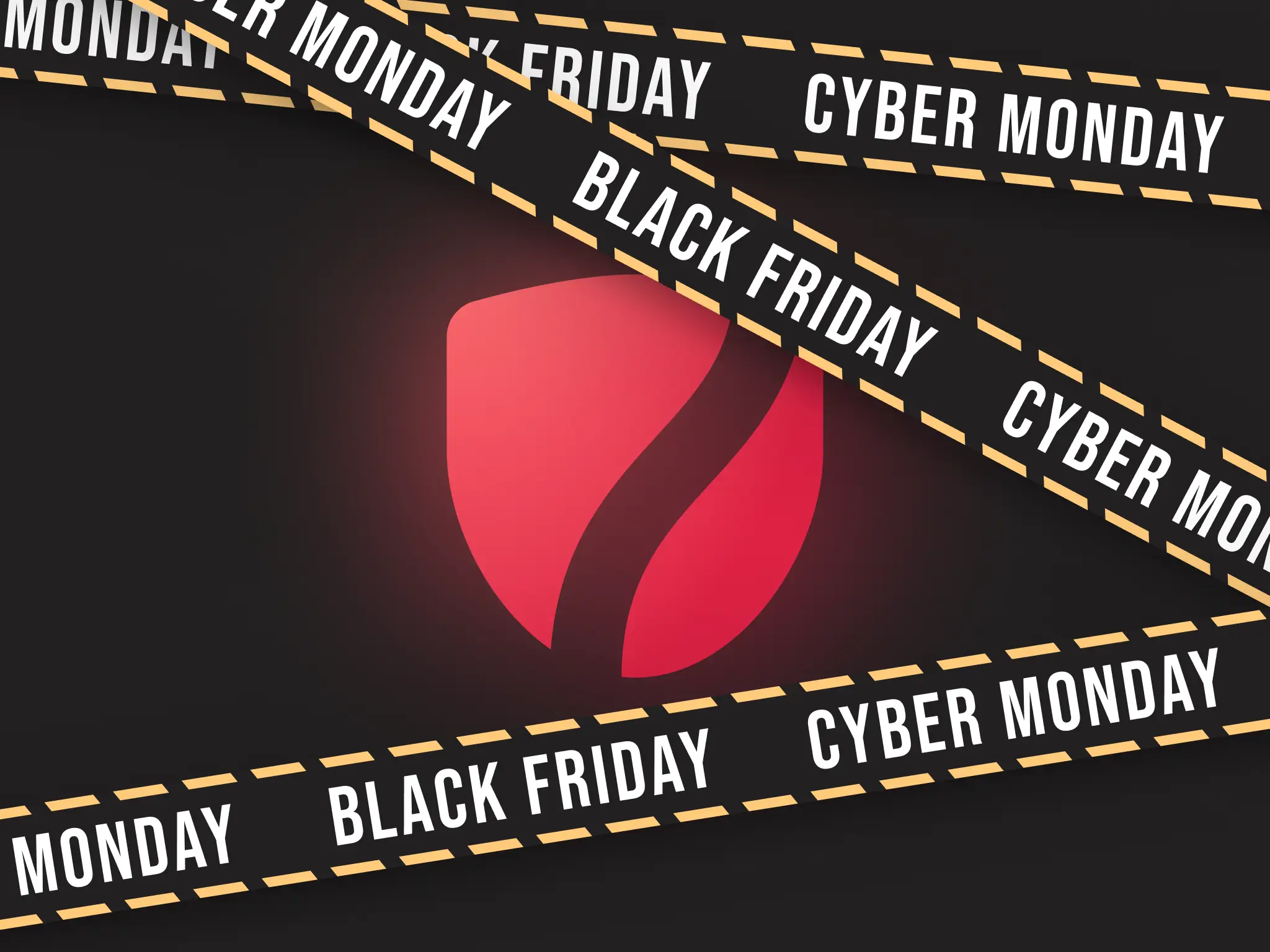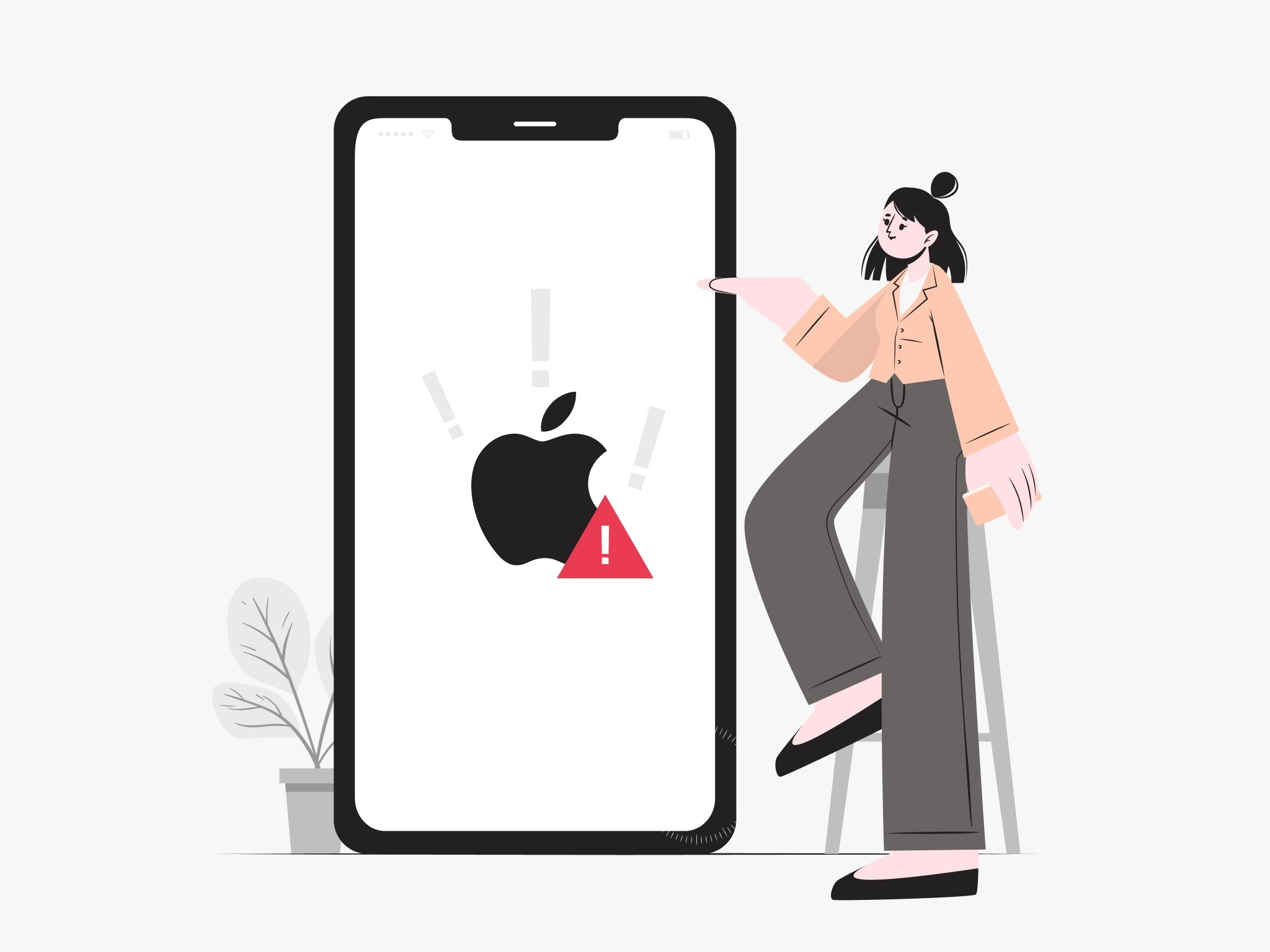Nearly 90% of the US population is aware of virtual private networks (VPNs), with 39% of Americans using VPN services regularly for personal and work purposes.
These are the findings of the 3rd VPN Market Report conducted by Security.org, and they signal an emerging trend in the information technology market.
More and more people seek ways to encrypt their internet connections and hide IP addresses, making sensitive data impossible to track for government agencies and cybercriminals.
But what is a VPN, and what does it do?
Read on to discover how virtual private networks work under the hood and why you might need to download a VPN solution.
What Is a VPN Exactly — and What Does a VPN Do?
A Simple Defenition of VPNs and an Overview of Their Capabilities
A virtual private network is a technology that creates a secure and confidential network connection between your devices and web services.
Let’s get a bit technical to see how this effect is achieved:
- Encryption. VPN services use a complex algorithm to convert data into a secure, unreadable format. This way, neither governments nor hackers can access or intercept your data.
- Tunneling. After encryption, VPNs create a tunnel between a server operated by the VPN vendor and your device, routing all your traffic through this tunnel.
- VPN servers. These guys function as middleware between the internet and your devices. They can be located globally, and you can choose the preferred location. When you type a website’s address in the search bar, the VPN server requests the information and returns it via the encrypted tunnel. That’s why nobody can see what pages you visit.
- IP address. Besides calling web services on your behalf, VPN servers replace your IP address with a new one in the location specified in the previous step. And this means your online activity is no longer associated with your IP address and physical location.
- Protocols. There are several protocols VPNs could use to establish a secure connection between the servers and your device. These include OpenVPN, PPTP, and L2TP/IPSec.
So, if you’ve asked yourself the “What does a VPN do?” question, here’s a simple answer: it routes your traffic through an encrypted tunnel to remote services operated by your VPN provider.
For even more clarity, we could compare accessing the internet through VPNs to driving an auto with tinted windows and no license plate.
No, it’s not illegal!
Our point is that passers-by can see the car, but there’s no way to tell who’s behind the steering wheel.
What Does a VPN Do, and Why Should You Consider Using VPNs in 2023?

Now that you know how virtual private networks operate, it’s time to figure out how these technical characteristics translate into benefits for the end user:
- VPN services protect your online privacy. It’s no news that governments, security agencies, and cybercriminals constantly monitor our online activities. From the US National Security Agency (NSA) exposed by Edward Snowden to Russia’s Roskomnadzor, numerous organizations are involved in that activity. So even if you’ve done nothing illegal online, you can still get on the police’s radar for visiting particular websites or exchanging specific information through unencrypted channels.
- VPNs provide access to web resources blocked in your country. Nobody knew that, in 2023, the US government would defend the NSA’s right to sift through your internet communications, China would reinforce its “Great Firewall,” and Facebook would be illegal in Russia. What a brave new world! If you want to browse independent media, access region-blocked content, and keep in touch with your friends and family these days, consider looking for a reliable VPN service.
- VPN services safeguard you from cyberattacks. Unfortunately, cybersurveillance is not the only threat looming over our heads. Recent surveys indicate that every 39 seconds, a new cyberattack happens. That makes over 800 thousand attacks per year. No wonder cybercrime could cost the world’s economy $10.5 trillion annually from 2025 and beyond! And while we can do little about security vulnerabilities haunting business websites and software, we can take personal security matters into our own hands. There are many reasons why personal devices like laptops, cell phones, and smartwatches get hacked. It could be downloading malicious applications from Google Play, connecting to unsecured public networks, or neglecting security patches issued by device manufacturers. Surely, an iOS or Android VPN alone can’t shield you from cyberattacks. But it can hide your IP address and traffic when you connect to Wi-Fi in shopping malls, making it impossible for hackers to intercept sensitive data. Also, it won’t hurt if you follow basic cybersecurity tips like using strong passwords, regularly updating your phone, and carefully reviewing applications you install on personal devices.
What Is a VPN? And What Does a VPN Do? Let’s Recap!
A VPN is a service that creates a secure connection between your smartphone or computer and the internet. VPNs ensure online privacy by encrypting your data and hiding your IP address.
VPN usage has been growing steadily worldwide in recent years, with more and more people turning to VPNs to access geo-restricted content and stay off security agencies’ and hackers’ radars.
If you’re considering downloading a VPN, choose a reliable and trustworthy provider with strong encryption protocols and servers in the locations you need to access.
Other factors you should pay attention to include the speed and price of a VPN product.
Some virtual private networks may slow down your internet connection. To choose the fastest VPN, study the product’s technical characteristics provided by the vendor and read reviews on reliable websites like PC Magazine and CNET.
Regarding the latter aspect, we strongly recommend you look into paid VPN solutions. Paid products offer a wider range of server locations and work faster. Additionally, they ensure greater privacy: there is evidence free VPN services collect and sell your data to third parties.
That’s all for today. We hope you’ve found this article useful. And if you have any questions about our product or VPNs in general, we’re only one click away!



